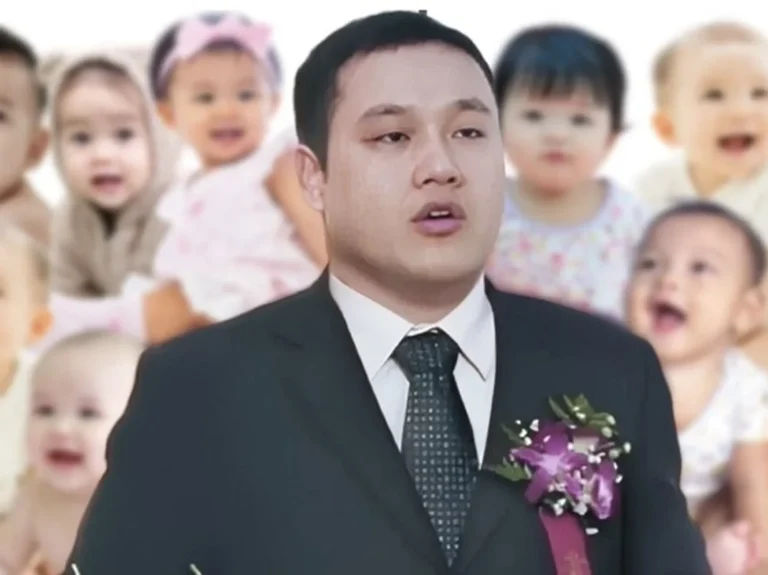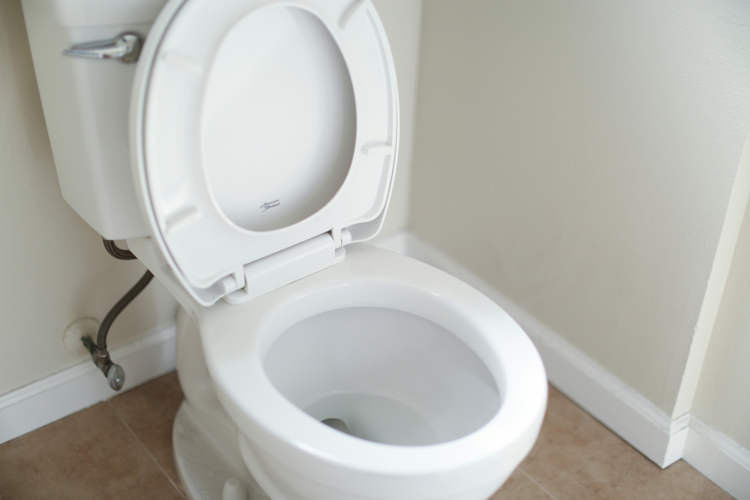Prison would probably be the last place I’d think of checking into to relieve stress, but that’s exactly what hundreds of South Koreans are doing these days.‘Prison Inside Me’ is a stress-reduction center with a penal theme, located on the outskirts of Hongcheon, about 58 miles northeast of Seoul.
Prison Inside Me is the brainchild of 47-year-old Kwon Yong-seok, who was previously a lawyer. “I didn’t know how to stop working back then,” he said. “I felt like I was being swept away against my will, and it seemed I couldn’t control my own life.” That’s when he decided to spend time behind bars. He asked his old acquaintance – a prison governor – if he could spend a week locked up in jail. Although he said it was for ‘therapeutic reasons’, his bizarre request was rejected.
So Kwon decided to take matters into his own hands, and began to make plans for his prison-like spiritual center. It was ready in June last year, after a year of construction that cost about 2 billion won ($19 million). Kwon managed to cover the cost through loans and donations from friends and relatives. The facility, he said, was not built for profit.
Photo: NEWSis
Paying guests are expected to turn in their cell phones, books and other belongings and put on a regulation uniform before checking in. Then they are shown to one of the 28 60-square-foot solitary confinement cells, furnished with only a toilet, a sink and a small table. Meals are served through a slot in the door. This is where they will spend most of their time, meditating and silently reflecting on life. There are also private meditation classes, spiritual classes, and ‘healing’ plays conducted as group sessions in the auditorium. A two-night stay at Prison Inside Me costs 150,000 won ($146).
Photo: Happitory
As serene as the concept sounds, running the place isn’t exactly easy for Kwon and his wife. They originally envisioned a longer stay for their guests, but people weren’t able to take so much time off. So they had to cut it down to just two days. They also had to make a huge concession – permitting guests to check their smartphones at least once a day. “People seem nervous without a phone and simply worry too much about an emergency, which seldom happens,” said Kwon.
Photo: Happitory
Like this one time, a personality class was conducted on the premises for a group of 20 people. A Catholic priest helped them understand themselves and others better, which is an essential element to finding inner peace. But as soon as a short break was announced, the participants rushed to grab their cell phones. “Someone might have called or left me a message,” participant Park Seong-ho said.
Photo: Happitory
He also pointed out that while he was satisfied with the programs, he thought the place was too warm and clean to feel like real prison. “It would have been more helpful for self-control if the facility had been in poorer shape like a real prison,” he said. But other ‘inmates’ indicated that the experience has helped them a lot. Hundreds of South Koreans seeking relief from the stresses of modern day life are checking in at the facility.
Photo: Happitory
Park Woo-sub, another guest, said: “It is very suffocating because I am physically restrained. But on the other hand, it is very helpful, in that I can look into my inner self and talk to myself.”
And that’s exactly what Kwong wants guests to take away from the center – a peek into their inner selves. “I only hope that this place offers a chance for visitors to reflect on themselves,” he said. “I sometimes walk backwards so that I can see the road I’ve just walked. People rarely do so and only think about roads ahead. I think we need to try to look back.”
Photo: Happitory
“To be honest, the two-day-three night program is too short,” he added. “But the reality is people complain if we make it longer. I only wish people could get a rare chance, even if forcibly, to reflect on the past and take it easy.”
Source: The Wall Street Journal


















